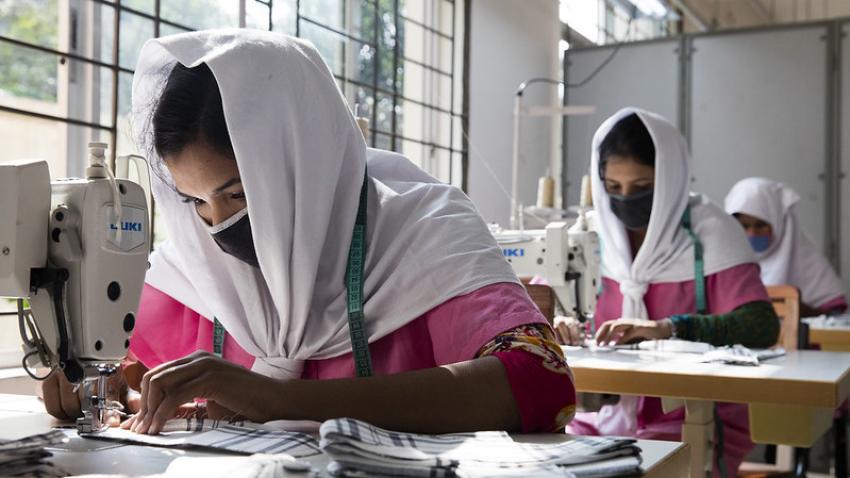As economic activities ground to a halt due to the COVID-19 pandemic, millions of people are losing jobs or experiencing significant reductions of income or working hours in Brazil, India, Mexico, Nigeria, South Africa and other emerging economies.
Unemployment rates are skyrocketing while underemployment and informality also rise sharply. Inequalities that, even before the pandemic, separated societies along educational, gender, age and immigration divides, are defining the impacts of the COVID-19 crisis on the labour market. The so-called low‑skilled workers – especially among women, youth and migrants – are more exposed to lay‑offs and wage cuts. With weak or no social protection, workers in the informal sector are particularly hard hit.
The emerging economies will face enormous challenges to recreate the millions of jobs being lost, which will likely lead to permanently higher levels of unemployment and further polarization of skills and income.
More alarmingly, job losses will lead to substantial increases in poverty and inequality. This is especially problematic, as some emerging economies, including South Africa, Brazil, India and Mexico, are already among the countries with the highest levels of income inequality in the world.
Beyond emergency stimulus measures that are underway, governments will need to implement large employment programs to create enough decent jobs to absorb the newly unemployed workers.
These large emerging economies will also need to consider universal, redistributive and solidarity policies for social protection, which is essential to inclusive growth. Without it, emerging economies will be even more susceptible to recurrent development setbacks, which can lead to social unrest, political upheaval or worse.
Learn more from the June Monthly Briefing on the World Economic Situation and Prospects.
About UN DESA
UN DESA Products
UN DESA Divisions
- Office of Intergovernmental Support and Coordination for Sustainable Development
- Division for Sustainable Development Goals
- Population Division
- Division for Public Institutions and Digital Government
- Financing for Sustainable Development Office
- Division for Inclusive Social Development
- Statistics Division
- Economic Analysis and Policy Division
- United Nations Forum on Forests
- Capacity Development Programme Management Office

